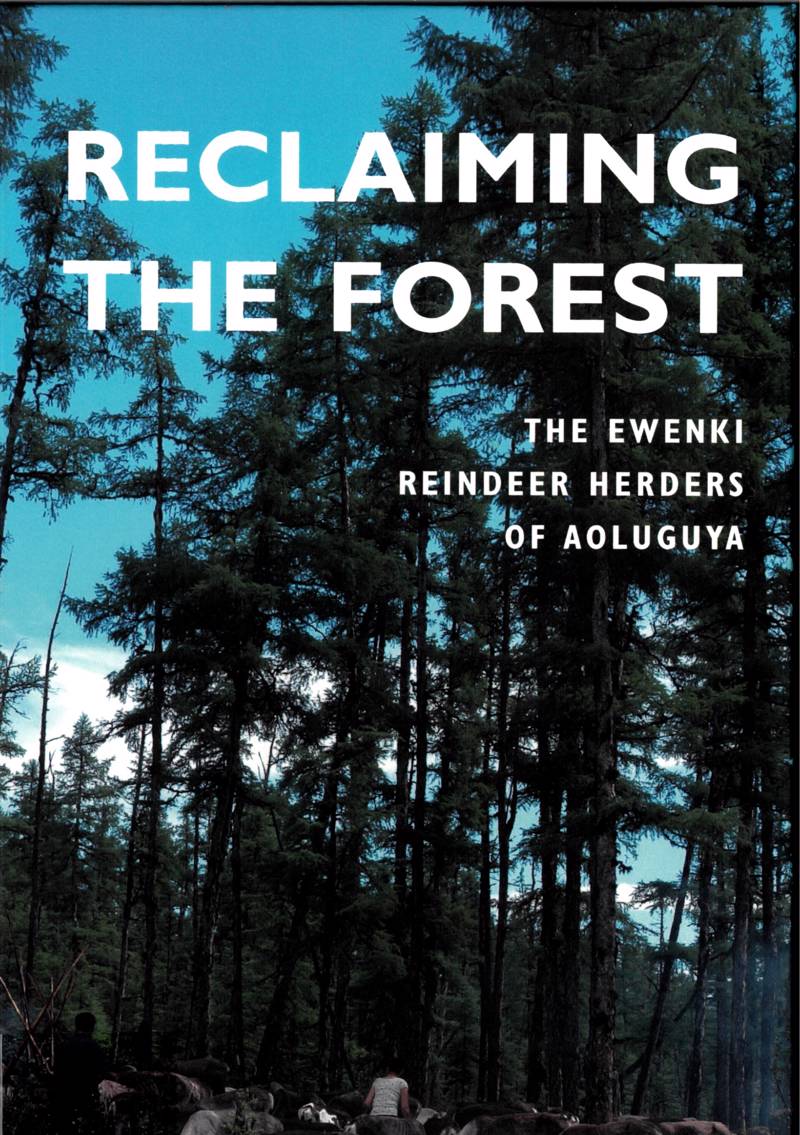
Reclaiming the Forest: The Ewenki Reindeer Herders of Aoluguya
As pastoralists in China change their way of life from subsistence activities to ranching and other income generating activities, government policies to sedentarise nomadic herders and fence pastures have a vital impact on social and environmental conditions on the grasslands.
Reclaiming the Forest describes the reindeer herders of Aoluguya, China, a group of former hunters who today see themselves as “keepers of reindeer” as they engage in ethnic tourism and exchange experiences with their Ewenki neighbors in Russian Siberia. Though to some their future seems problematic, this book focuses on the present, challenging the pessimistic outlook, reviewing current issues, and describing the efforts of the Ewenki to reclaim their forest lifestyle and develop new forest livelihoods. Both academic and literary contributions balance the volume written by authors who are either indigenous to the region or have carried out fieldwork among the Aoluguya Ewenki since the late 1990s.
Åshild Kolås is Research Professor at the Peace Research Institute Oslo, and has authored two books and numerous articles, mainly on Tibetan identity and cultural representation. She carried out fieldwork in Aoluguya in 2008 and 2009, conducted under a project on “Pastoralism in China: Policy and Practice” funded by the Research Council of Norway.
Yuanyuan Xie is Lecturer in the Department of Sociology, College of Humanities and Development Studies, China Agricultural University. She carried out a year-long fieldwork in Aoluguya in 2003–2004, just after the resettlement and is working on a research project about the Aologuya Ewenki funded by the Chinese National Social Science Foundation.
The project 'Pastoralism in China: National Policies and Local Practices' focused on the issue of rangeland environmental degradation, investigating the interface between the use of resources (especially grazing land and water), the legal framework regulating rights to resources, policy implementation and the negotiation of rights within and between local communities. The project studied the dynamics between policy-making and implementation, socio-economic relations and resource management, and the impacts of these dynamics on a fragile natural environment.
This project was funded by the Research Council of Norway (FRIMUF).





